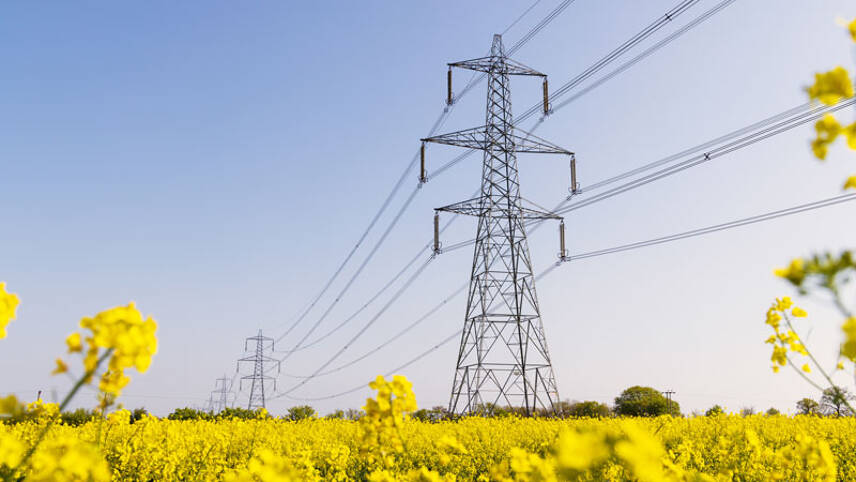Register for free and continue reading
Join our growing army of changemakers and get unlimited access to our premium content

Electricity Networks Commissioner Nick Winser has today (4 August) published a major new report detailing interventions needed to speed up the delivery of key energy infrastructure in the UK, in line with national commitments on levelling up, net-zero and energy security.
The Government has admitted that delivery timeframes for Nationally Significant Infrastructure Projects (NSIPs) including nuclear power plants and wind farms has increased by 65% between 2012 and 2021. No major offshore wind project has made it through the NSIP process without being called in.
Winser wrote to Energy Security and Net-Zero Secretary Grant Shapps stating: “The implications of being able to build wind generation faster than the associated connections to customers will be serious: very high congestion costs for customers, and clean, cheap domestic energy generation standing idle, potentially for years.”
While the Government and National Infrastructure Commission continue work on planning reforms to speed up this process, Winser’s report touts dozens of additional interventions for both NSIPS and smaller projects.
Winser is calling for the Government to fast-track the creation of a future system operator (FSO), which would be tasked with producing a spacial plan and timeline for delivering new electricity infrastructure. The new body’s plan would cover generation, storage, distribution and flexibility.
An FSO would run alongside the existing Electricity System Operator at the National Grid, taking a longer-term view to the infrastructure changes needed to enable the energy transition.
Winser wants to see the FSO’s plans being regularly updated with feedback from Ministers and regulators.
Also included in the report are recommendations to streamline planning for distribution and storage infrastructure, plus smaller renewable arrays, to unlock bottlenecks.
Payments for pylons
The National Grid is currently undertaking what it describes as the largest overhaul of grid infrastructure and technologies in generation – the Great Grid Upgrade.
Winser’s report makes recommendations not only on speeding this project along, but on improving local buy-in by guaranteeing and showcasing benefits to communities affected by pylon construction and other major projects.
A spacial plan will go some way to gaining public buy-in, Winser states. Without long-term guidance, communities do not know if and when they are likely to be impacted by construction.
But the plan alone will not be enough, in his opinion. He proposes that the Government runs a new public information campaign and sets clearer rules on community benefit requirements on infrastructure developments.
These rules should mandate that developers provide lump sum payments to individual households close to new transmission lines, as well as community funds for the local authority. He insists there is “every reason to be generous with these payments”, especially in cases where power lines are installed underground.
Winser estimates that his recommendations could halve the delivery of transmission network infrastructure
Looming skills gap
As the report comes to a close, Winser’s recommendations come on to the looming skills gap in Britain’s energy sector.
He calls for a major review of the extent to which additional engineers and technicians will need to be trained and upskilled in the coming decades, in line with targets on increasing clean energy generation and upgrading grid infrastructure.
Earlier this week, MPs on the Science, Innovation and Technology Committee warned Ministers that up to 150,000 additional workers will need to enter the nuclear energy space by 2050. For context, the sector employs around 65,000 people at present.
The UK Government has welcomed Winser’s report, meaning several – if not all – of the recommendations will be considered. A full response will be published later this year.
Andrew Bowie, Minister for Networks and Nuclear, said: “We will be considering Winser’s recommendations closely as we work towards achieving an energy system led by renewables, nuclear and other clean, home-grown technologies.”
National Grid’s president of strategic infrastructure in the UK, Carl Trowell, said “there is no time to waste” in implementing Winser’s proposals.


I would suggest that nuclear should be rated above renewables, as it is within our control, and that it should provide almost all of the base demand; the best way to run it.
Incidentally, is not CO2 the very “staff of life”???